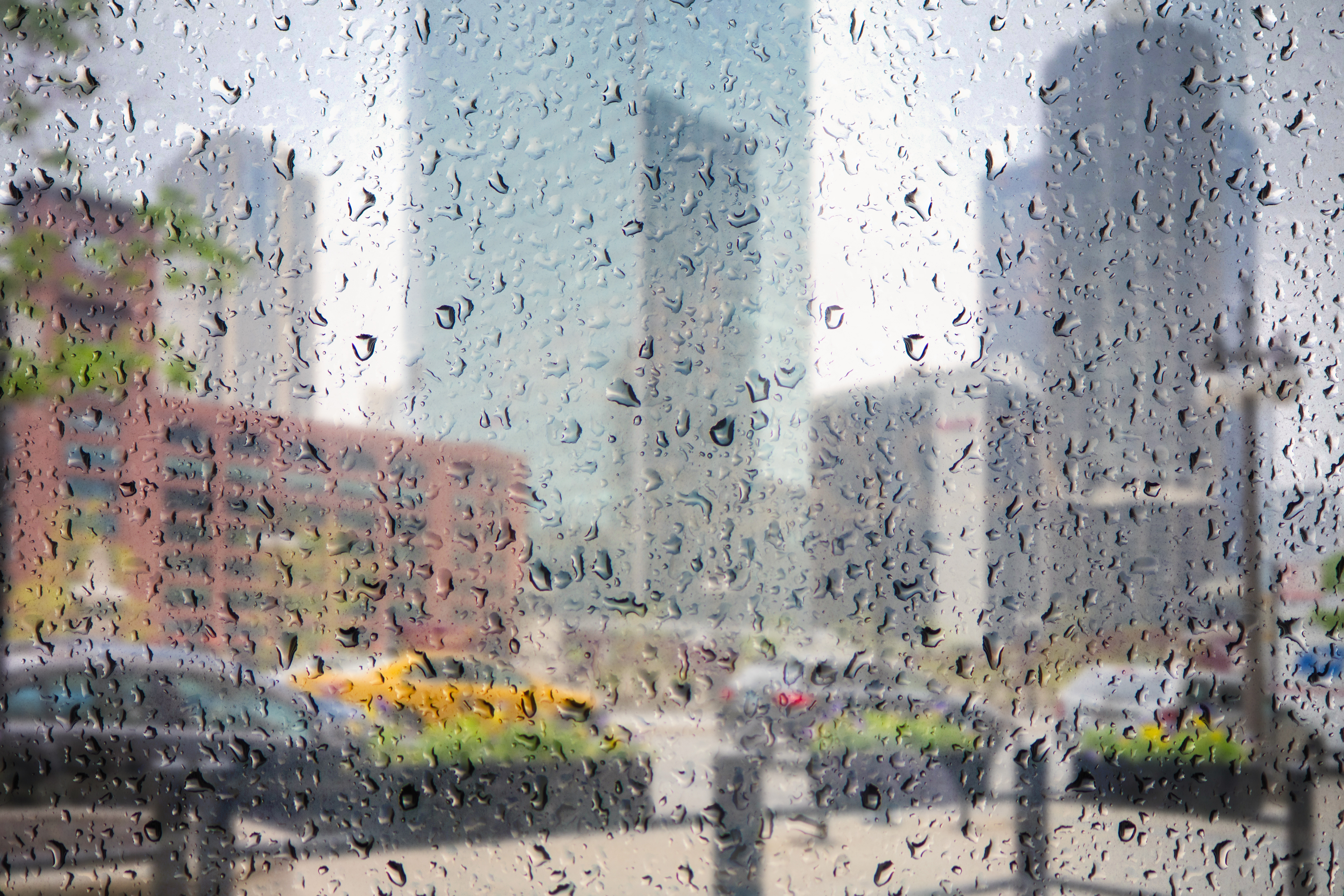The last time I went to the library, I checked out a book titled Chicago Politics: Ward by Ward. It was published in 1988 by David K. Fremon, political writer for the now-defunct Logan Square Free Press, and it’s dated for a couple reasons. First, because only two of the aldermen profiled in the book are still on the City Council: Edward Burke and Patrick O’Connor. Second, because Chicago doesn’t have politics anymore.
Fremon wrote his book during the mayoralty of Harold Washington, when Chicago politics was the most contentious it had been since the Roaring ’20s. The racially-motivated standoff between Washington and 29 white aldermen was called “Council Wars,” and Time magazine nicknamed Chicago “Beirut on the Lake.”
The book contains profiles of such colorful characters as 21st Ward alderman Niles Sherman, who saw Washington’s election as an opportunity for African-American politicians to “stick our hands into that pot of gold,” and 10-th Ward aldermen Edward Vrdolyak, leader of the white opposition, who earned the nickname “Fast Eddie” after beating an attempted murder rap as a young man.
No one would write such a book today, because Chicago politics and Chicago politicians are no longer interesting to read about. Council Wars was considered a blight on the city’s image. Businesses didn’t want to invest in a racially divided city. Burke has recalled Council Wars as “democracy at its best,” because there was give and take between the mayor and the Council. What Burke saw as democracy, many Chicagoans saw a low point in the Chicago’s civic life. After Washington died, Chicago decided that democracy was too divisive, and that the city ran better when all power was vested in one man. Once the Daley family was restored to power, the city blossomed. (Daley once told a young man he hired as a speech writer, “We don’t have a lot of politics in this city,” which was his way of saying that no one questioned his decisions.)
In his obituary of Richard J. Daley, Chicago Daily News columnist Mike Royko speculated that authoritarianism is in Chicagoans’ DNA.
If Daley sometimes abused his power, it didn’t offend most Chicagoans. The people who came here in Daley’s lifetime were accustomed to someone wielding power like a club, be it a czar, emperor, king, or rural sheriff. The niceties of the democratic process weren’t part of the immigrant experience. So if the machine muscle offended some, it seemed like old times to many more.
Growing up in Chicago certainly didn’t introduce the immigrants’ children to the niceties of the Democratic process. It introduced them to bossism. They wanted more, and now their grandchildren want it. Rahm Emanuel was elected mayor on the first ballot because Chicagoans saw him as a tough, autocratic politician who wouldn’t let the City Council get in his way. A boss. A big man. A king. And Chicagoans love looking up to a king.
Today, a book titled Chicago Politics Ward by Ward would be bland profiles of 50 men and women who are undistinguished and unassertive as the members of Louis XIV’s court. Louis XIV used to boast, “I am the state.” Daley and Emanuel could boast, “I am the city.” Independents, reformers and Lakefront Liberals and the goo-goos at the Better Government Association can complain that Chicago is not a democracy, but that’s not what Chicagoans want. Given the choice between monarchy and democracy, Chicagoans will always choose monarchy.



